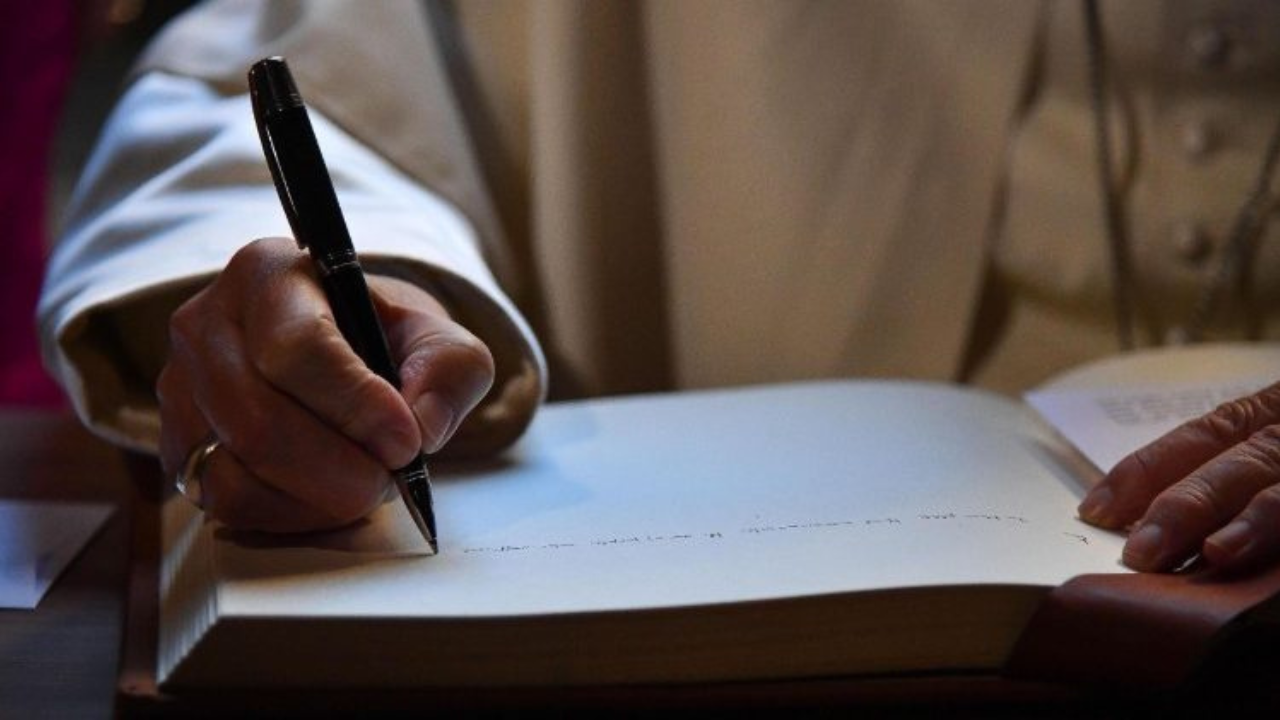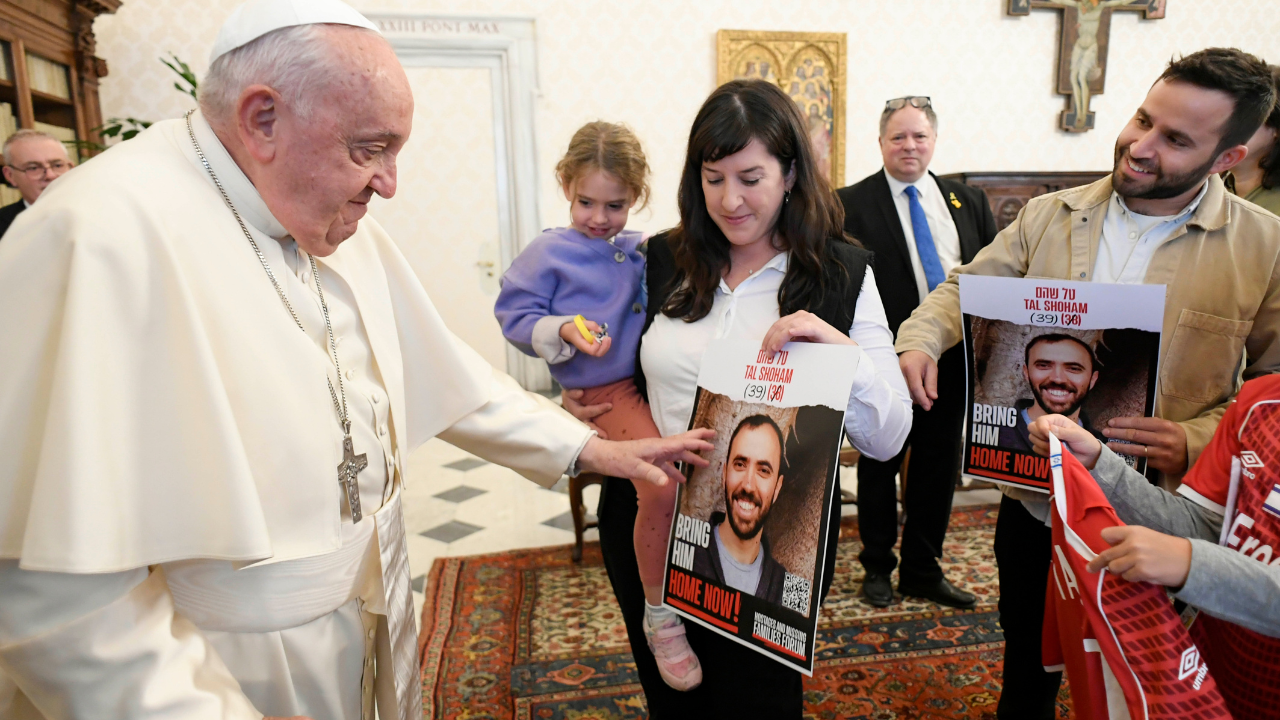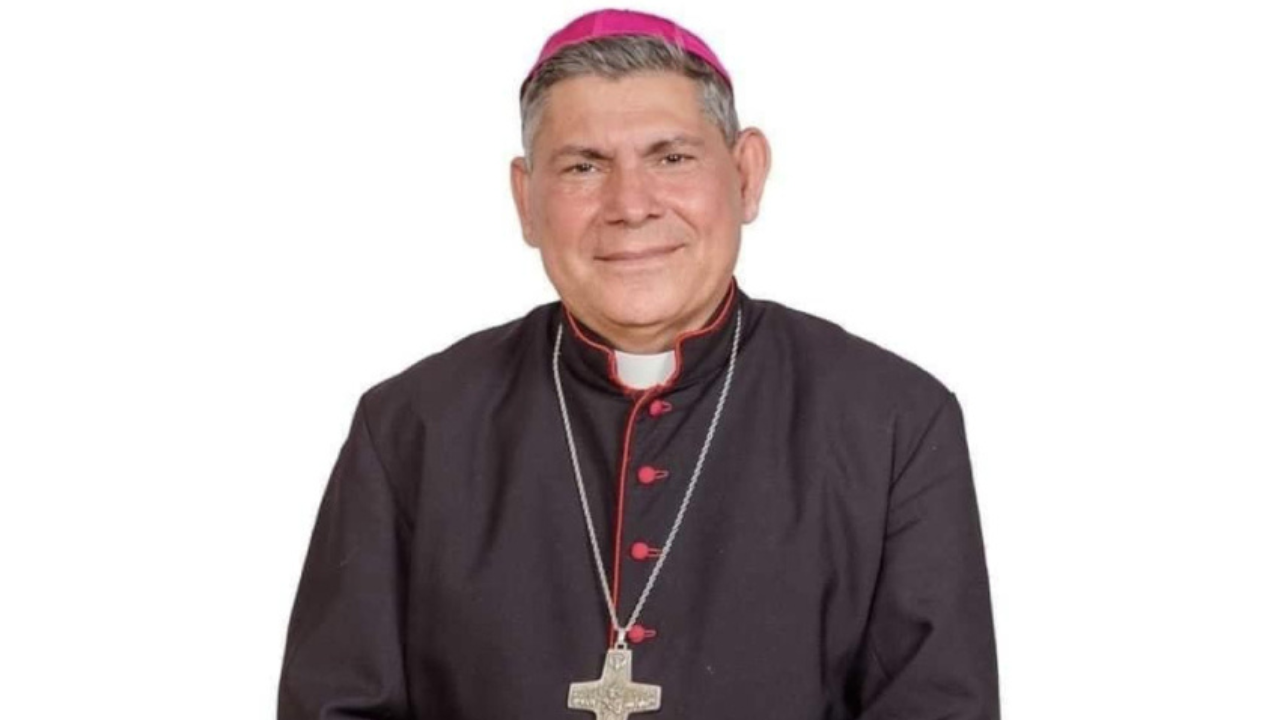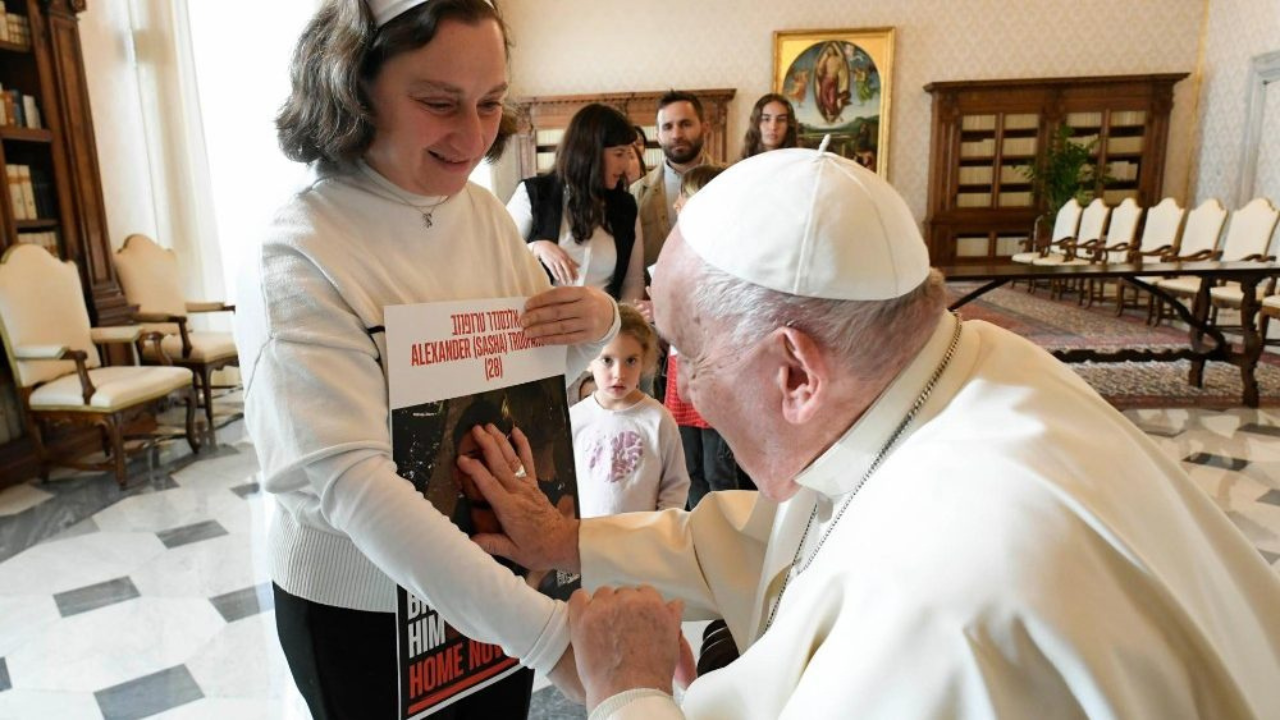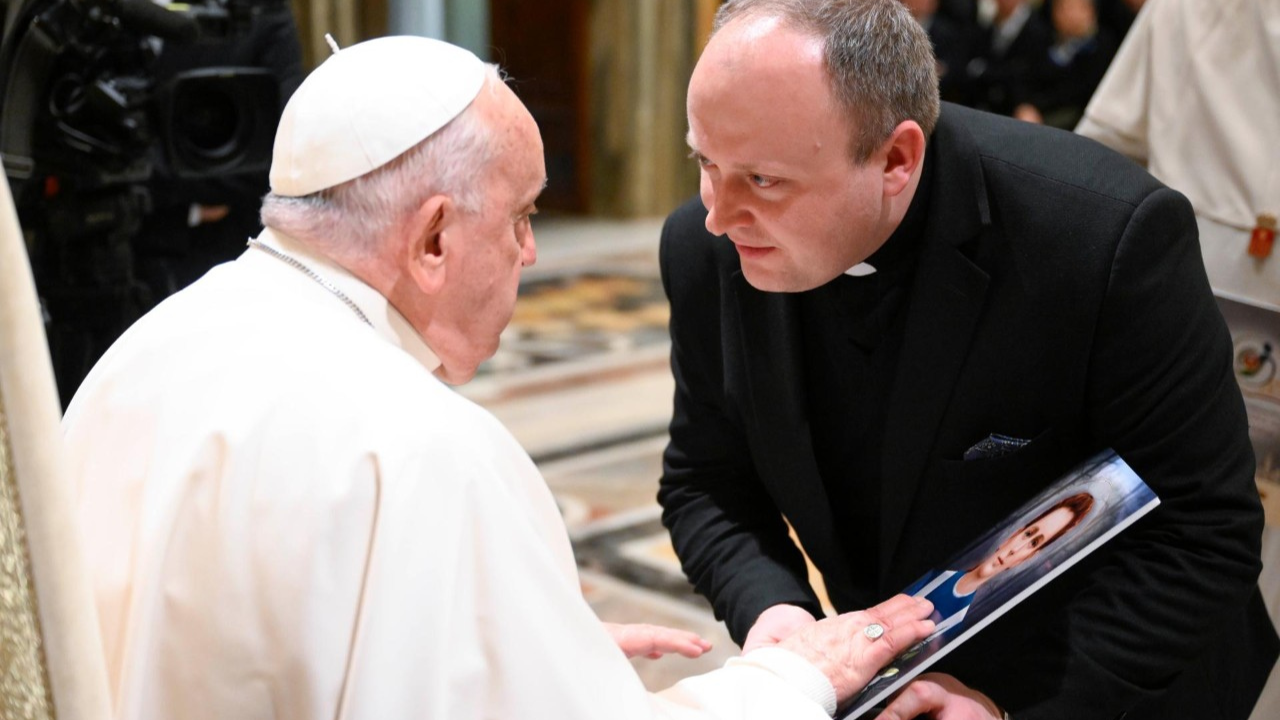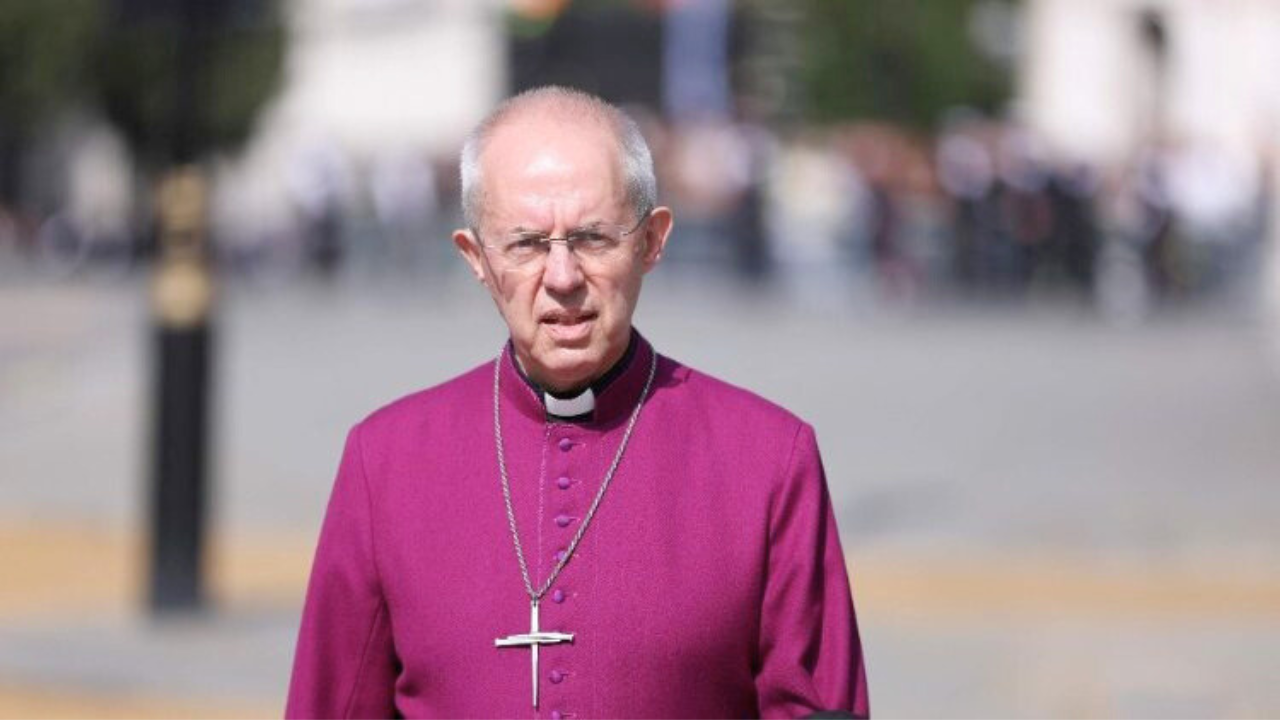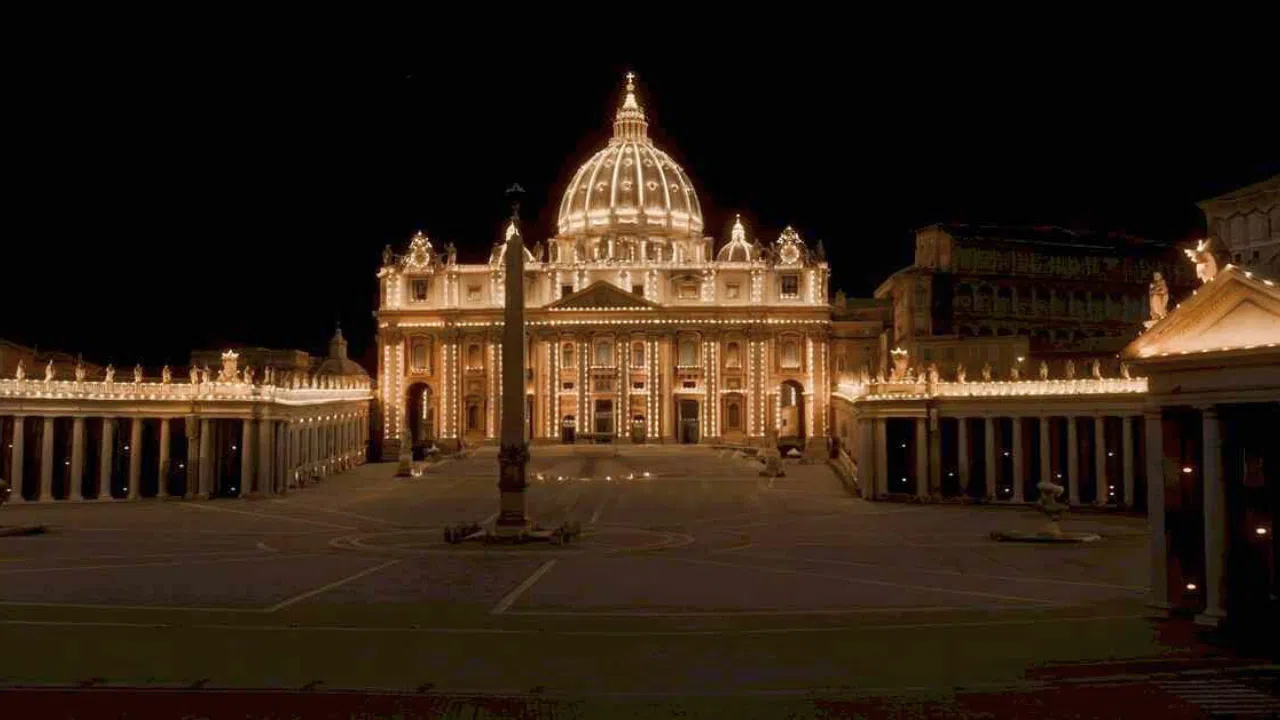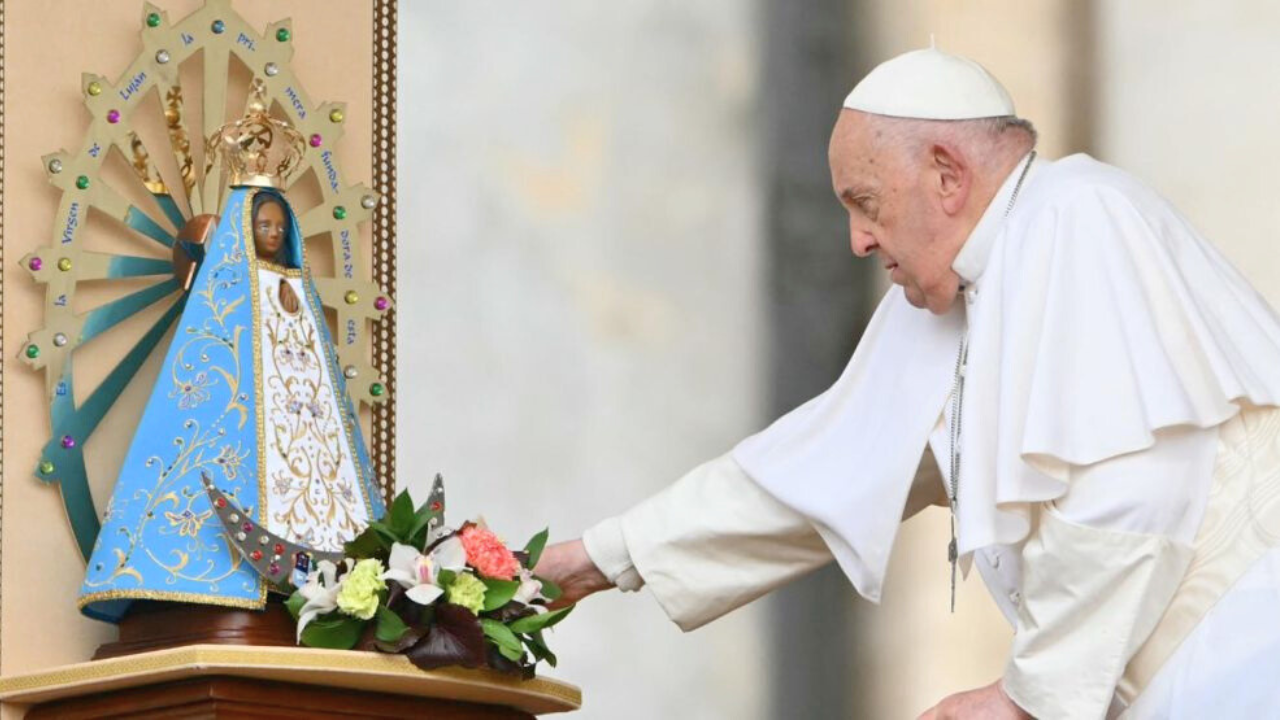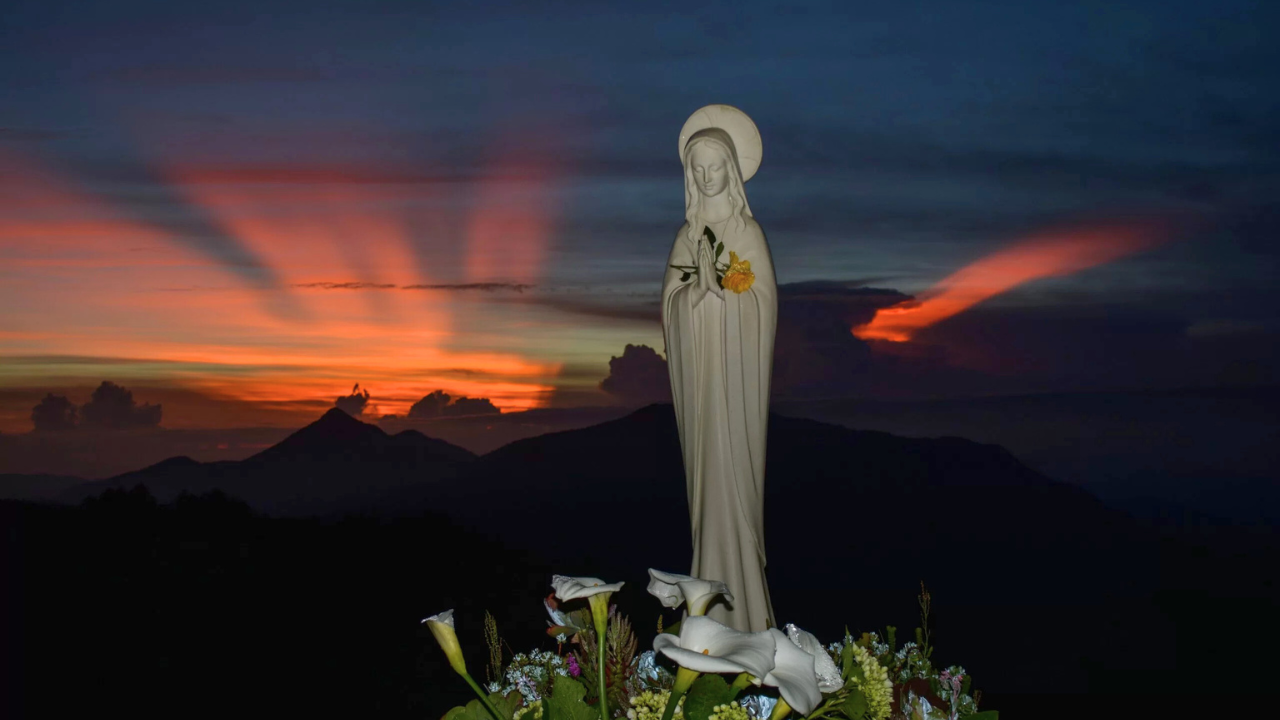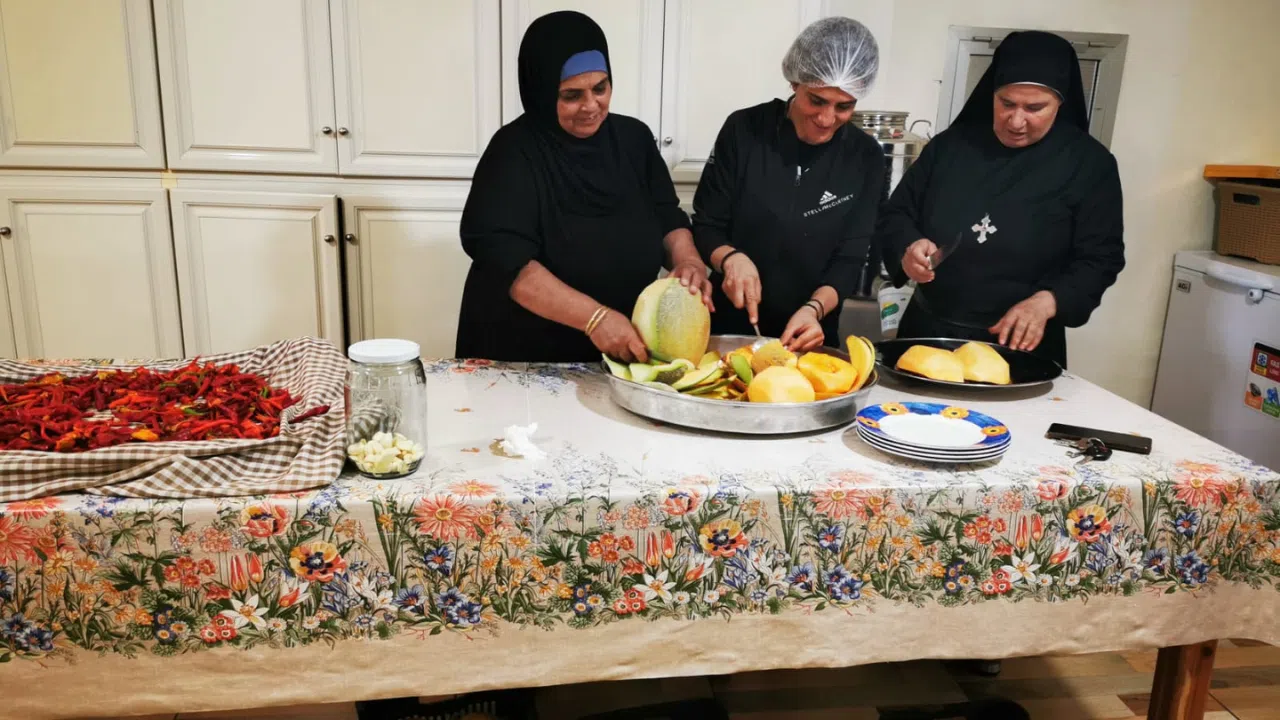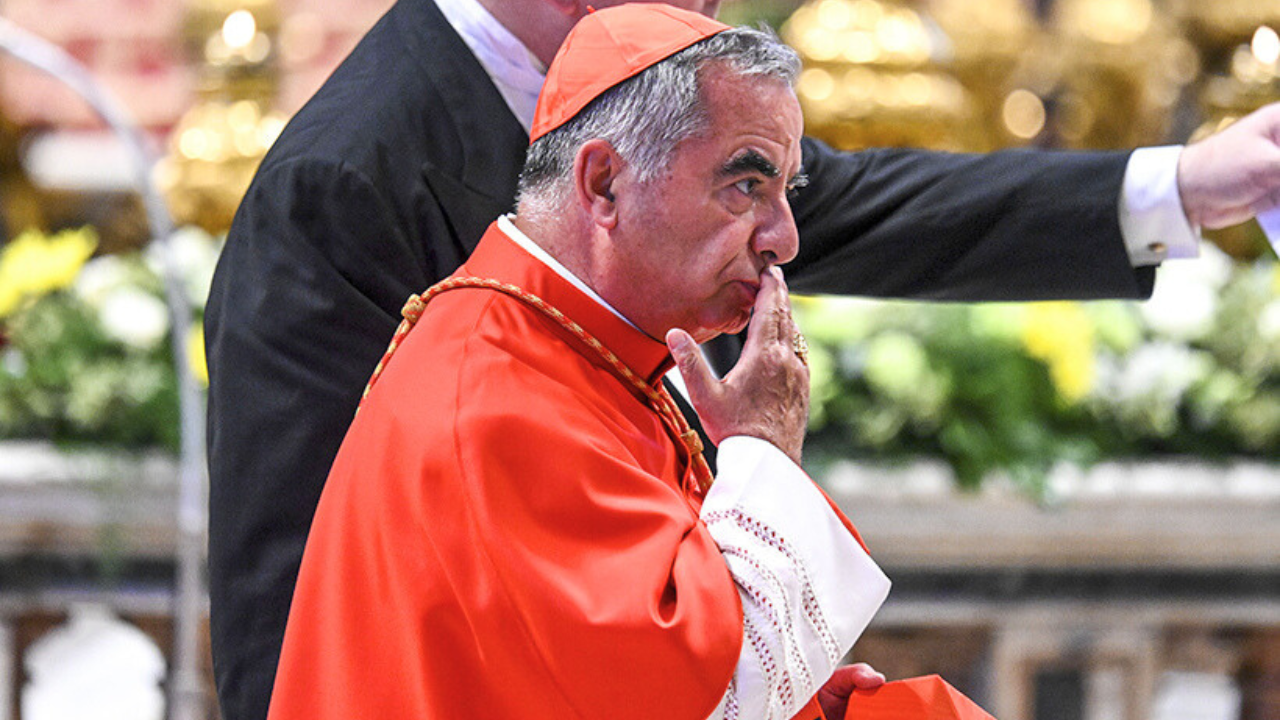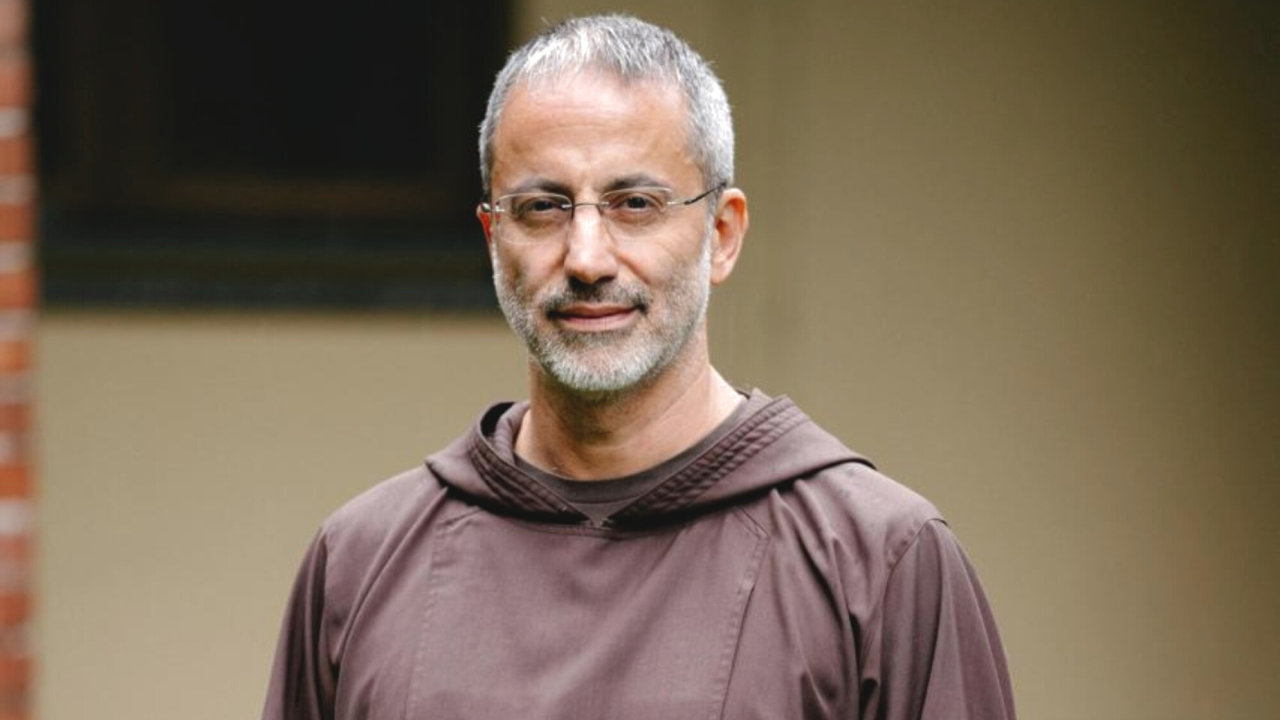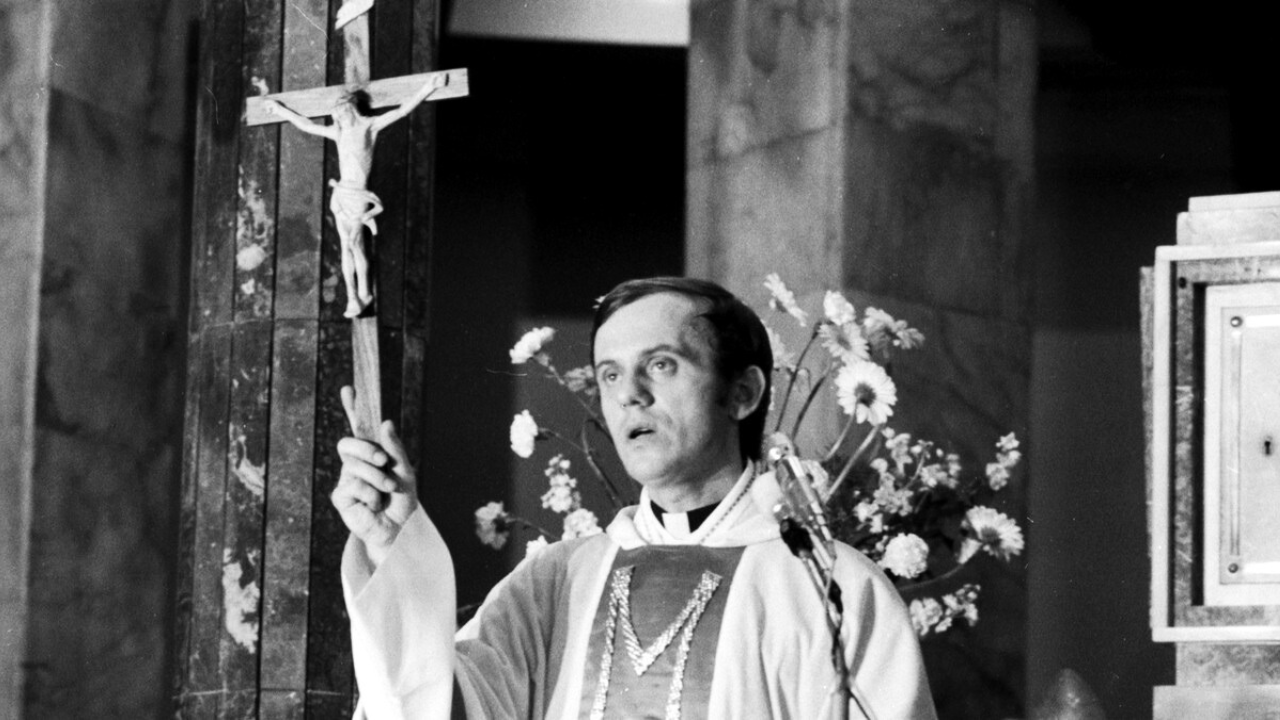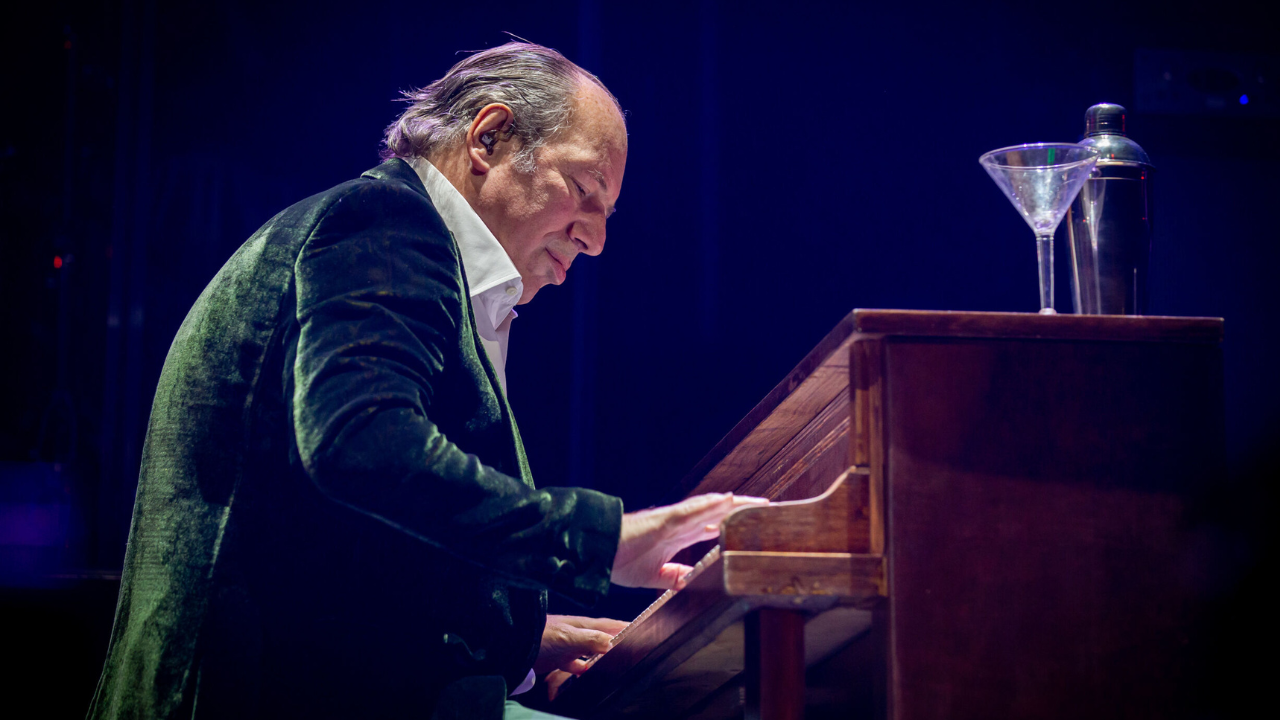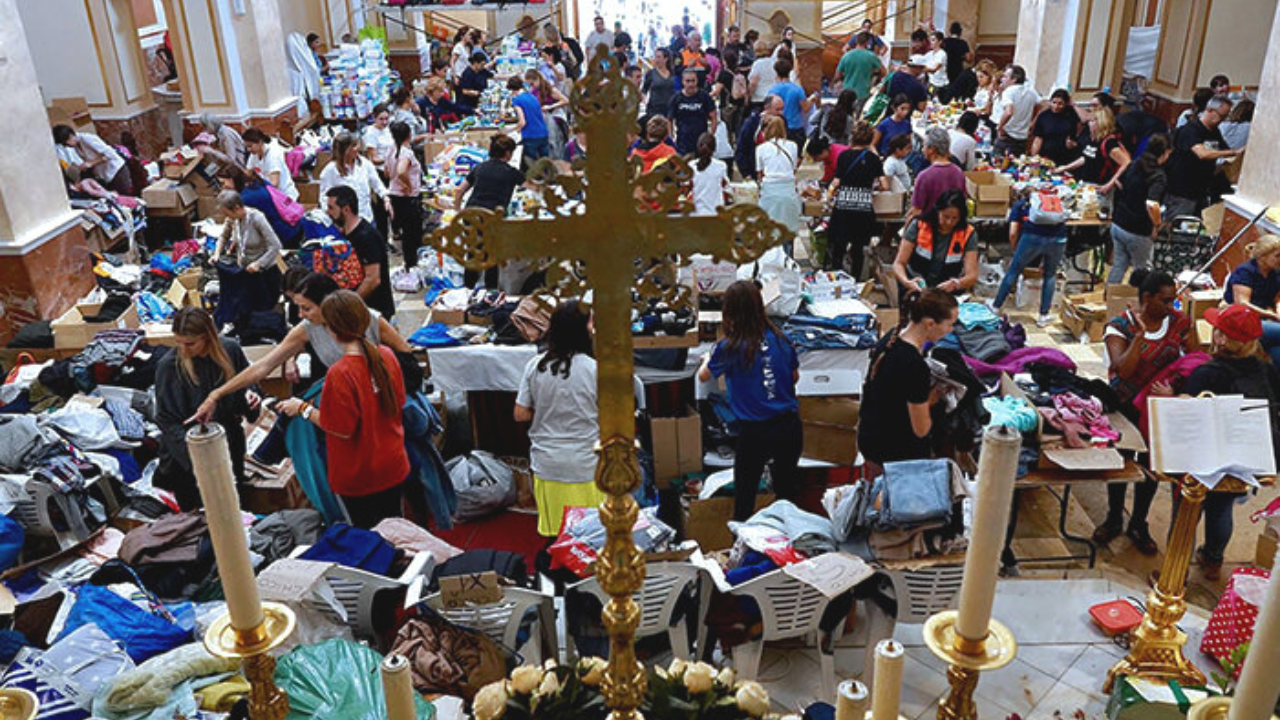When he was a child, his mother asked him to paint to preserve his heritage. Santiago Yahuarcani fulfilled her wishes. From a very young age, he has used canvases like these to try to prevent the roots of the Huitoto people from being torn from their Amazonian land.
SANTIAGO YAHUARCANI
Painter and indigenous activist
“I don’t think the government understands our culture nor our reality. If the government knew us, it would not do certain things to us, and it would give us more importance. I believe that truly knowing someone or something is the way to feel love and respect for them.”
The facts Santiago rejects are reflected in his work, in which he shows in a very graphic way the threats facing the Amazon, such as the exploitation of the forest and the oil spills that destroy everything in their path. It is destruction only for economic profit.
SANTIAGO YAHUARCANI
Painter and indigenous activist
“They don’t kill us or torture us or enslave us, but they are doing those things to nature, to our Amazon.”
It’s the same story of exploitation that continues to repeat itself and that Santiago knows well. His family now lives in Peru but is originally from Colombia. There his grandfather suffered the Putumayo genocide, the enslavement of thousands of indigenous people used as labor to extract rubber from the Amazon forest.
SANTIAGO YAHUARCANI
Painter and indigenous activist
“They did not feed them. If they told them to bring 110 pounds of caucho, but they brought only 35 or 45 pounds, they were tortured. They would cut off their ears. They would cut off their fingers. They would put them in 45-feet-deep holes and leave them to rot.”
An estimated 70,000 Huitotos, like Santiago, were killed during the genocide. That is why his mother asked him to fight, so his culture, over-exploited at the start of the century, would not disappear definitively. Today the indigenous people have an unconditional ally in that battle.
SANTIAGO YAHUARCANI
Painter and indigenous activist
“The Church has accompanied and continues to accompany us. We feel very happy when we are accompanied by a pastor or a sister.”
Santiago is Catholic, and although he complains about some of the Church’s “past wrongdoings,” he celebrates the convocation of the synod as an opportunity for the Church to grow closer to the indigenous communities.
SANTIAGO YAHUARCANI
Painter and indigenous activist
“I’m convinced that the Church teaches the same things we teach in our communities.”
Accompaniment is what these people want, a closeness to the Church that shows that what unites them is greater than what divides them.
